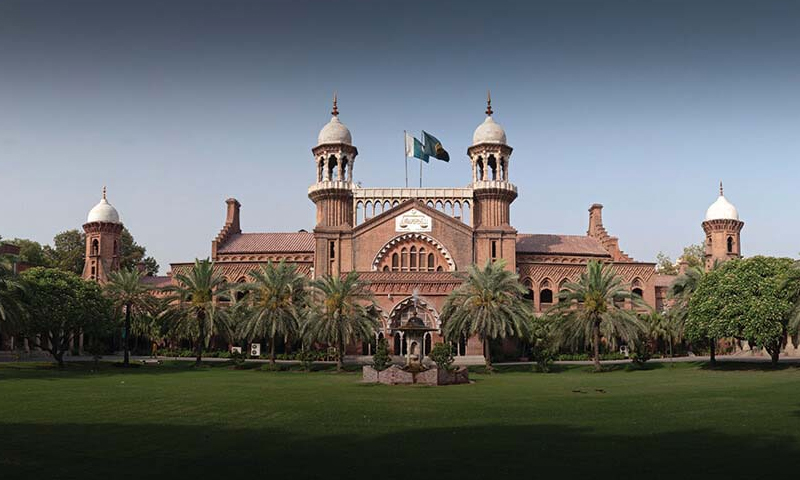The Supreme Court, declining to suspend the Lahore High Court’s (LHC) May 29 ruling, has called for the establishment of a larger five-judge bench to resolve the dispute over whether the Election Commission of Pakistan (ECP) or the high court should appoint tribunals to adjudicate electoral disputes.
This directive was issued by a two-judge bench led by Chief Justice of Pakistan Qazi Faez Isa, which was hearing an appeal by the ECP seeking to overturn the LHC’s decision.
Senior counsel Sikandar Bashir Mohmand, representing the ECP, had requested the court to suspend the LHC’s ruling to facilitate constructive consultations between the ECP and the LHC chief justice. However, the court did not grant interim relief to the ECP.
On May 29, an LHC bench ruled that the chief justice of the high court holds the primary authority to appoint election tribunals under Section 140 of the Elections Act 2017.
The Chief Justice highlighted the importance of constitutional officeholders avoiding confrontation to ensure the country operates within the bounds of the law.
Additionally, the Supreme Court instructed the ECP to submit correspondence and notifications regarding the appointment of tribunals in other provinces for further examination.
Justice Naeem Akhtar Afghan pointed out that no such disputes had arisen over tribunal appointments in other provinces, emphasizing the need to understand why the controversy had only emerged in Punjab.
Senior counsel Salman Akram Raja argued that the petitions before the high court were justified due to the delayed appointment of tribunals, asserting that the ECP had not fulfilled its constitutional and legal obligations properly.
Furthermore, the Supreme Court issued a notice to Attorney General Mansoor Usman Awan, as the cases involve interpreting the Constitution and the Elections Act, 2017.




